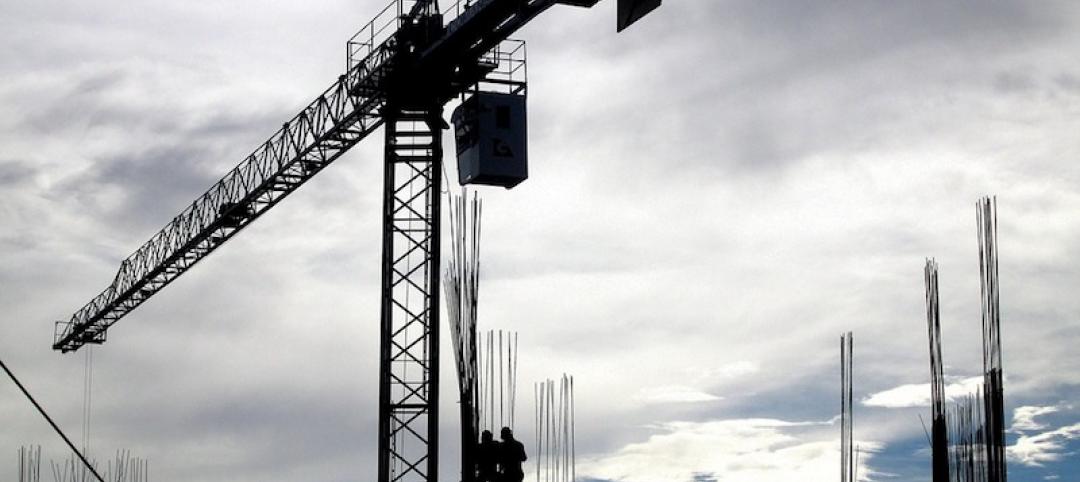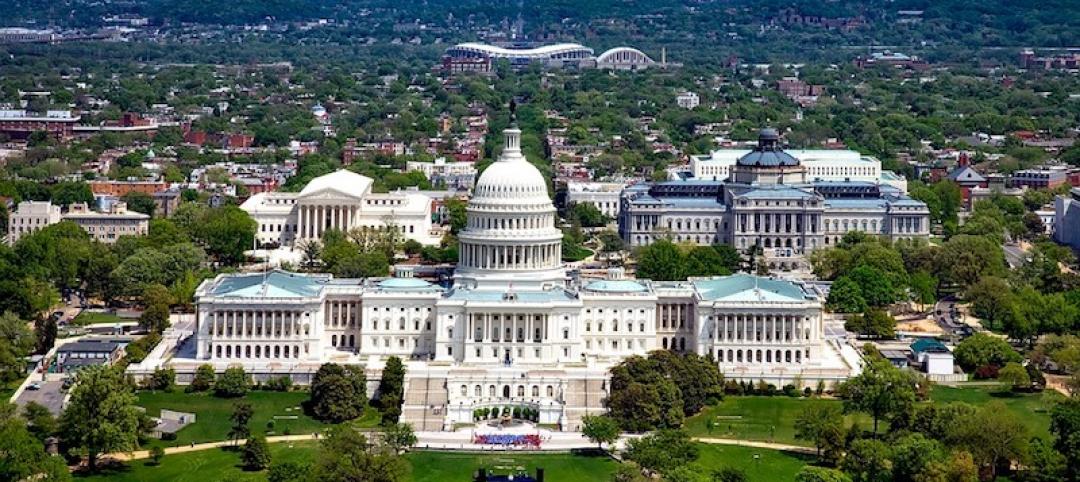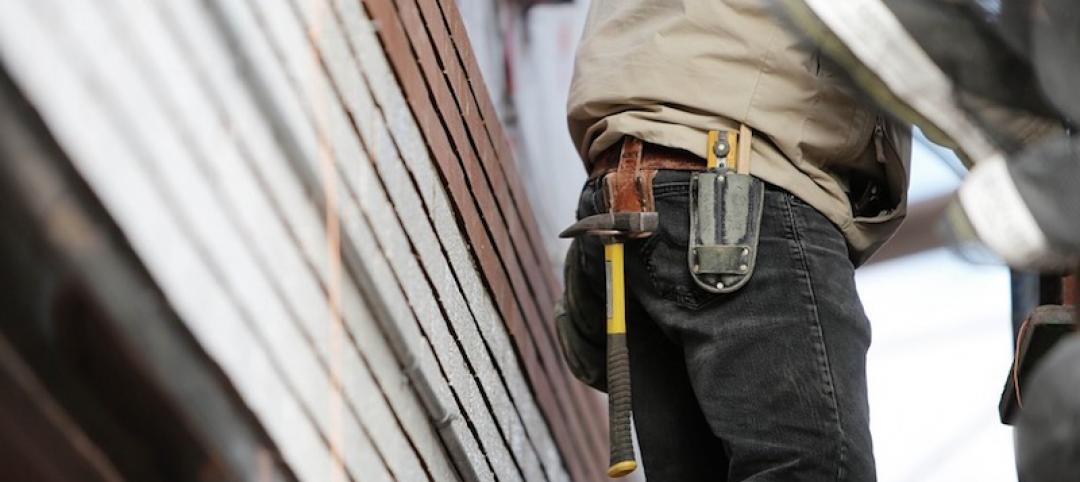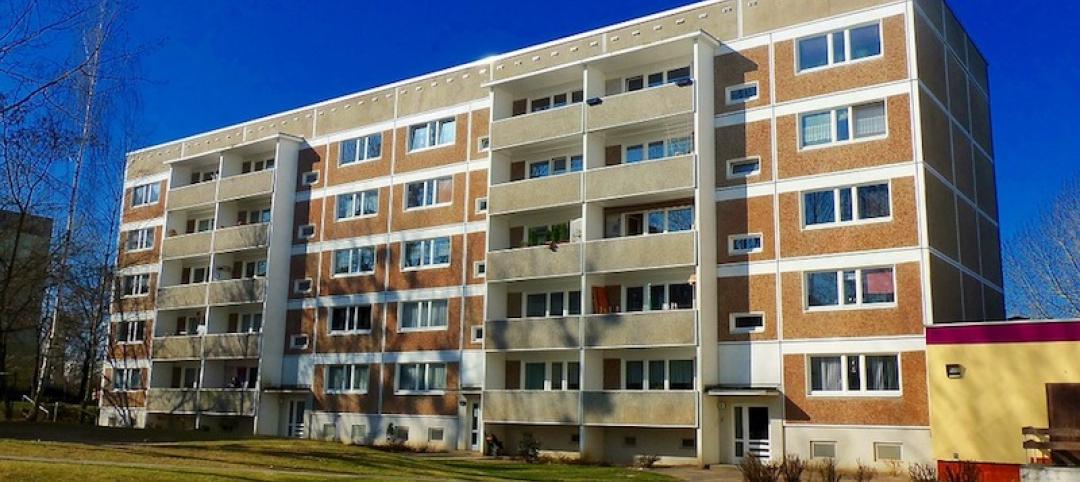A lack of metrics and associated data to establish current performance is holding back efforts to improve water and energy efficiency at sports venues, according to a new report from the National Institute of Building Sciences (NIBS).
More data is needed at both an individual venue level and across the building type, the report says. “Some venues do not have the tools, resources, or training to effectively manage and measure their performance, while those that have undertaken steps to improve do not have the data to compare themselves with their peers to determine if they are leading the pack or if there is still much more to be done,” it says.
NIBS, the Green SportsAlliance, and the Environmental Protection Agency are working to fill in the knowledge gap, but more data from arenas and stadiums is needed. Improving efficiency requires cooperation from operations and other departments,sponsors, vendors and concessionaires, government, utilities, allied organizations, leagues and conferences, management companies, designers,athletes, and fans, the report says.
The report recommends using financing mechanisms to improve access to capital. Technologies and practices of particular interest include lighting, renewable energy,refrigeration, occupant comfort, field maintenance (including irrigation, grow lights, and hydronics), plumbing, and metering, measurement, and verification tools.
Related Stories
Codes and Standards | Jan 10, 2019
Ontario building first to achieve zero-carbon designation by Canada GBC
Geothermal heating, living wall among notable features.
Codes and Standards | Jan 9, 2019
Policymakers need to act to alleviate affordable housing crunch
Moody’s economist says costs including mortgage rates worsening situation.
Codes and Standards | Jan 8, 2019
Pittsburgh launches task force on construction industry fraud
Focus will be on wage violations.
Codes and Standards | Jan 7, 2019
Program uses low-cost sensors to monitor impact of stormwater mitigation systems
University/municipal partnership in Philadelphia aims to improve green infrastructure design.
Codes and Standards | Jan 7, 2019
Washington, D.C., to transition to 100% renewable energy by 2032
Includes measures to reduce emissions from buildings and transportation.
Codes and Standards | Jan 4, 2019
Canada’s National Building Code will include climate change obligations
New durability requirements for new buildings in the works.
Codes and Standards | Jan 4, 2019
LEED v4.1 beta registration begins in January
First releases are O+M, BD+C, and ID+C.
Codes and Standards | Jan 3, 2019
U.S. Appeals Court says general contractors can be cited for subcontractor violations
Ruling will prompt review of OSH decision that said GCs cannot be held liable for subs’ violations.
Codes and Standards | Jan 3, 2019
Tall mass timber code changes receive final approval
New provisions to be included in the 2021 International Building Code.
Codes and Standards | Jan 2, 2019
ASHRAE’s Low-Rise Residential Buildings standard update now available
Performance measures are at least 50% more efficient than 2006 IECC.
















